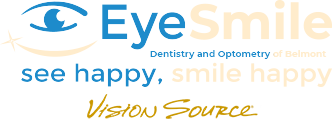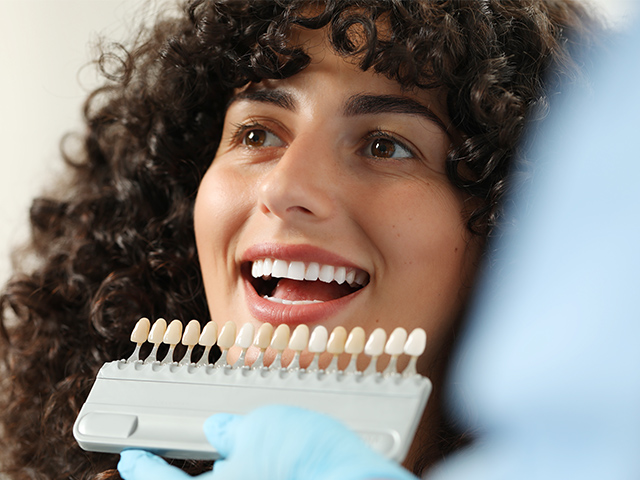
Dentures are often a difficult topic for people to discuss. It can be embarrassing for many patients to be able to talk with friends and family about their dental health and for these reasons, dentures may also be surrounded in your mind with a negative stigma.
However, dentures are a normal part of many people’s lives, and when you are empowered with the right knowledge, you can feel confident that you are making the best decisions for your dental health.
Dentures tend to increase a person’s quality of life through an improved appearance, reduced or eliminated pain, and the restored ability to eat the foods that they enjoy. While getting dentures can be a huge benefit for many patients, there are some things that may limit the success of dentures.
Here are a couple of things to know.
Gum Shrinkage
When we no longer have teeth that protrude from our gums, the only bone that is left is the actual jawline.
Dentures need to sit along the bony ridges that used to hold the teeth. When tooth decay or tooth loss occurs, the process of resorption often transpires. Resorption is the wasting away or atrophy of bone that leads to a reduction in the actual bone. This shrinkage is the primary reason that dentures don’t fit properly.
Lower Ridge Shapes
Smooth gum ridges are ideal for a proper denture fit. However, those ridges can often degrade, and the shape can change. Completely flat or small v-shaped ridges make it more difficult to achieve a good denture fit. Additionally, extremely bony gums can cause soreness, while fleshy gums can cause excess denture movement.
Palate Shapes
The suction of the upper dentures to your gums can be influenced by the shape of your palate. Square or rounded shapes are more ideal than flat or v-shaped. Some extremes in the palate may also cause additional issues or discomfort.
Potential Lower Denture Problems
The lower dentures are subjected to a lot more movement due to the mobile nature of the jaw and where the tongue, lips, and cheeks tend to dislodge dentures.
In addition, the lower ridge that attaches to the denture is up to four times smaller than the upper ridge allowing less ability for the dentures to adhere and seal to the gums.
In order to successfully wear lower dentures, some patients must change some of their habitual tendencies. Many people place their tongue against or under dental appliances on the lower jaw.
If the tongue is pressed against or under the denture, it can easily dislodge it will need to be replaced in the mouth. Reducing the amount of movement around the lower denture is critical to keeping it in place throughout the day.
How Long Should Dentures Last?
Many patients believe that their dentures should last for the rest of their lifetime, but since dentures can wear out over time through use and cleaning, they should be checked annually. While the base of the denture typically doesn’t change, our gums can change due to additional atrophy of the bone or wear which can cause the denture to fit poorly over time.
While there is no hard and fast rule for how long a denture should last, it should be replaced if the fit becomes loose or uncomfortable. Annual visits may be able to make minor adjustments to the denture fit, but at some point, replacement is the only option.
Overview
The decision to purchase dentures is often a difficult one for patients to make. However, when patients receive their dentures, the immediate effects are generally positive. People feel that they can go in public again without being self-conscious which can improve their quality of life. If you are considering dentures, please contact your dentist today to discuss your options.





